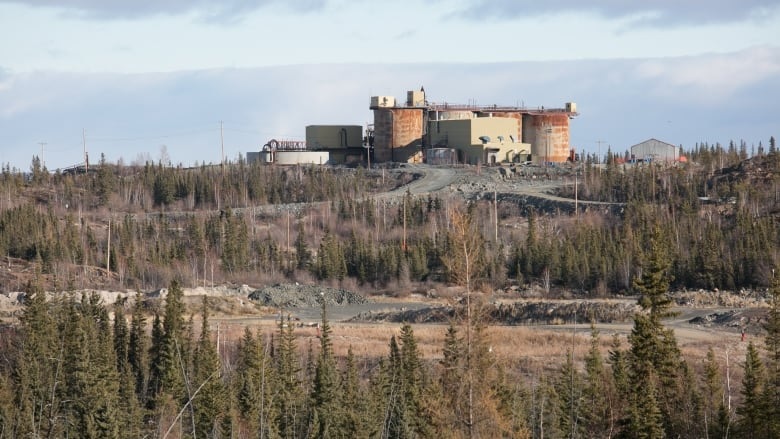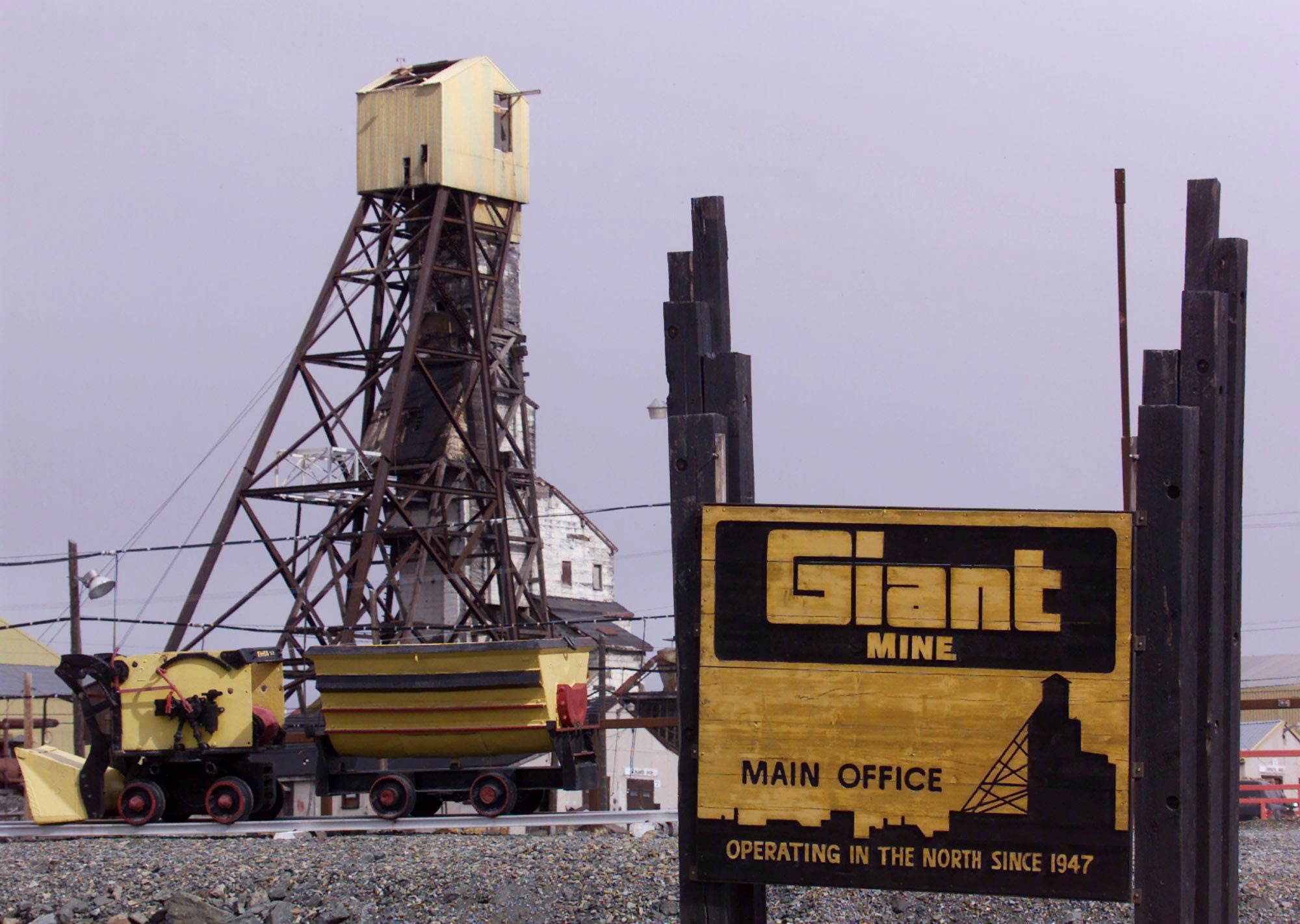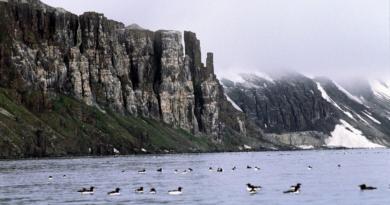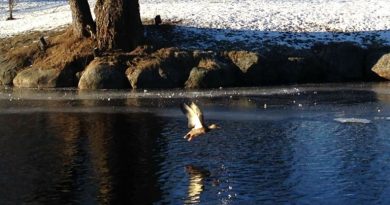Canada, territories need to better communicate on Giant Mine cleanup, says review board

The board pointed to public concerns raised last October when strong winds caused dust from the site to move across Back Bay toward the mouth of the Yellowknife River.
“This fear seems to exist even though arsenic in the tailings is from arsenopyrite and calcine minerals, not arsenic trioxide,” the report read.
In 2015, the government said there is “very little arsenic trioxide in the tailings” and that “most of the arsenic in the tailings is in stable forms, including (naturally occurring) arsenopyrite.
The report said the project team — the federal and territorial governments — needs to do a better job preventing any “unnecessary stress or fear” of dust coming off the former mine site.
The board also flagged another issue that it believed needed clarifying: the vast majority of contaminated undisturbed soils will not be remediated, “meaning that high arsenic levels will remain in the soil both on and offsite.”
“Local residents do not seem to fully understand that the project team intends to use fencing combined with public information campaigns to control access and manage associated risks of contaminated soils,” the report read.
Public survey planned
The board is made up of six directors appointed by Crown-Indigenous Relations and Northern Affairs Canada, the N.W.T. department of Environment and Natural Resources, the Yellowknives Dene First Nation, the North Slave Métis Alliance, Alternatives North and the City of Yellowknife.
It said it’s committed to conducting a public survey this year to get a better understanding of public awareness of the remediation plan and post-remediation risks. It will also seek input about future uses of the Giant Mine site.
While this years’ annual report identified “no significant environmental issues,” the board is recommending a short and long-term strategy to reduce greenhouse gas emissions and wants the project to aspire to be a “leader, role model and advocate for federal climate action policies.”
Seeking an apology
The report highlighted work by the Yellowknives Dene First Nation which is seeking an apology and compensation from the federal government for contaminating their ancestral homelands.
The board said “the absence of an apology and compensation continues to influence every conversation and decision about the project.”
The board also flagged a number of previous recommendations it has made that have not been addressed including developing a traditional knowledge strategy and appointing a special envoy to develop and implement an integrated economic strategy.
Related stories from around the North:
Canada: Northern Canada: Giant Mine cleanup project could be complete by 2030
Danemark / Greenland: Greenland accedes to UN treaty against mercury pollution
Finland: Finnish MPs urge end to Talvivaara mine pollution
Norway: Mining waste dump project in Norwegian fjord worries Russia
Russia: First real green spring comes to Nikel, Russia
Sweden: Reducing emissions could create up to 3,000 new jobs in Arctic Sweden says mining group
USA: Conservation groups sue government over Alaska mining road




